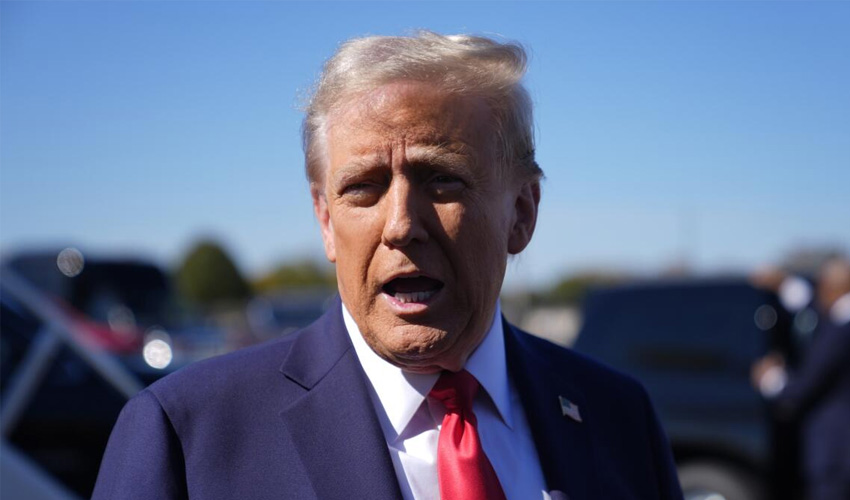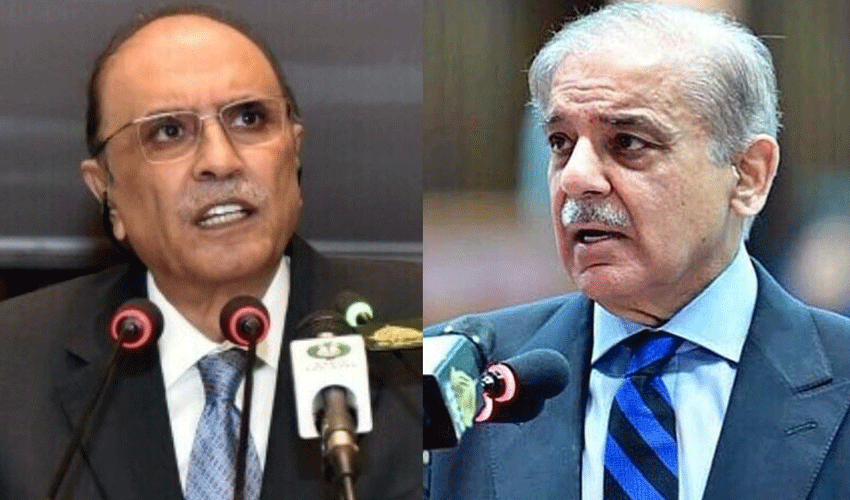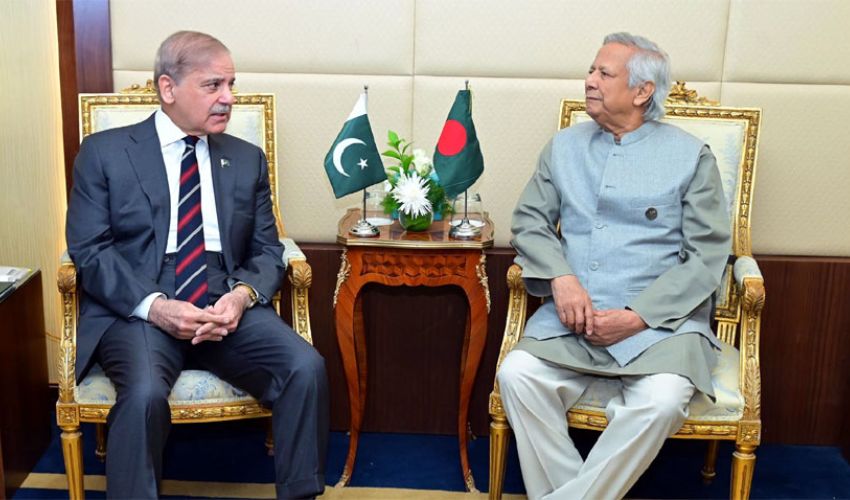The final approval of Pakistan’s $7 billion bailout package from the International Monetary Fund (IMF) remains pending, as the country strives to meet the stringent conditions set by the global financial body.
According to sources within the Ministry of Finance, the IMF Executive Board’s schedule, released up to September 6, includes the agendas of seven countries, including Vietnam, Uganda, and Denmark, but does not yet feature Pakistan.
Officials indicate that a board meeting specifically related to Pakistan could be convened soon, contingent on the country fulfilling the necessary preconditions, particularly the securing of an additional $2 billion in external financing. The Finance Ministry remains optimistic that this condition will be met in the near future.
Furthermore, Pakistan is actively engaging with key allies -- Saudi Arabia, China, and the United Arab Emirates (UAE) -- to roll over approximately $12 billion in debt. The nation owes $5 billion to Saudi Arabia, $4 billion to China, and $3 billion to the UAE.
Also Read: Pending IMF loan delays external funding for Pakistan
These efforts are critical as Pakistan seeks to stabilize its economy and secure the IMF’s financial assistance.
In addition to debt rollovers, Pakistan is negotiating with Saudi Arabia for an oil loan facility and further investment. Concurrently, efforts to secure additional funds from international financial institutions, bilateral agreements, and commercial banks are ongoing.
The staff-level agreement between Pakistan and the IMF was signed on July 12, marking a significant step towards the bailout, but the final disbursement hinges on the fulfilment of the agreed conditions.
As Pakistan races against time to meet these demands, the government remains in urgent negotiations to ensure the much-needed financial lifeline is secured.
Meanwhile, Pakistan is experiencing significant delays in securing external financial assistance due to the pending approval of a $7 billion bailout package from the International Monetary Fund (IMF).
This delay has slowed down the flow of funds from other international financial institutions and countries, resulting in a shortfall in external financial support during the first month of the current fiscal year.
Also Read: Pakistan's loan from IMF not on schedule again till Sept 4
According to official documents from the Economic Affairs Division, Pakistan received only $436.3 million in external financial assistance in July, which represents just 2.2% of the $19.21 billion target for this fiscal year. This is a stark contrast to the same period last year, when Pakistan secured $2.89 billion in external loans.
The breakdown of the received funds shows that $127.7 million was obtained through the Naya Pakistan Certificate, while international financial institutions provided $201 million.
Among these institutions, the World Bank lent $118.8 million, China provided $96.76 million, and the Asian Development Bank (ADB) contributed over $54 million. The International Bank for Reconstruction and Development (IBRD) provided more than $20 million.
Additionally, various countries contributed $107.6 million in loans last month. Germany lent $3.5 million, while Saudi Arabia provided $2.69 million. Pakistan also received grants totalling over $1 million, with the United States providing the largest grant of $4.442 million.



























